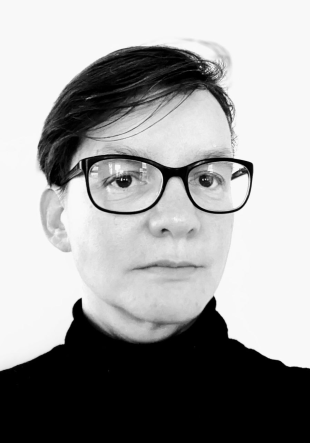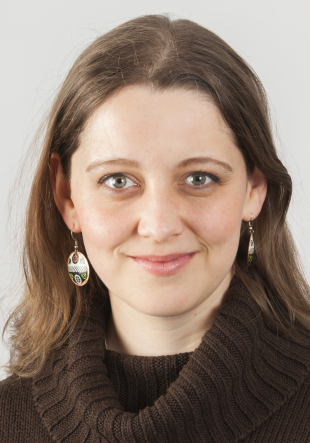New BMBF-funded project at Paderborn University's Centre for Gender Studies offers assistance for all disciplines
Prejudices in AI that are reflected in the preferential treatment of certain groups of people, drugs that have different effects on men and women, disease risks that vary in their severity depending on gender: Diversity criteria play an important role in many research contexts. It is the task of science to produce findings and achievements for the general public, orientated towards the benefit of all participants - regardless of factors such as gender or age. To ensure that the gender dimension is taken into account in research and development in a needs-orientated manner, the Federal Ministry of Education and Research (BMBF) has launched the funding guideline ‘Geschlechteraspekte im Blick’. One of the currently funded projects is the new centre for ‘Gender as a category of analysis in university research and knowledge contexts’ (GeFoWiss) at Paderborn University. The project, which is funded with around 520,000 euros over a period of five years, supports academics in appropriately considering gender aspects in their research projects.
Project coordinator Dr Susanne Richter, gender researcher and sociologist at Paderborn University, knows that this is an important requirement of good science in almost all disciplines: ‘It is well known, for example, that dosage information for medicines is based on the male average. Although the ‘gender’ factor is also important for many other areas, it is often largely ignored. In order to produce knowledge that benefits all members of society, we need to continuously reflect on gender relations and apply well thought-out strategies in the research process.’ Based on strong gender research at Paderborn University, the project serves to systematically create interfaces, knowledge and knowledge transfer between the technical, engineering and cultural sciences and to establish gender aspects as a self-evident category of analysis in research and development across all disciplines.
GeFoWiss head Prof Dr Antje Langer from the ‘School Education and Gender Studies’ working group at the Faculty of Arts and Humanities explains: ‘The extensive range of services includes advising researchers from all disciplines and status groups. Tailored to subjects, resources and needs, the role of gender aspects in research is jointly determined. In addition to workshops for various target groups, specialist conferences, lunch talks and a ‘Gender Salon’ are also planned in cooperation with the city of Paderborn.’ According to Langer, there will also be a podcast, training courses for multipliers and a platform with networking opportunities, digital resources and examples of best practice. In this way, the team wants to give all interested parties an impression of the relevance of gender in research issues. Firmly anchored measures should contribute to visualisation and networking within and outside the university.
This text was translated automatically.



